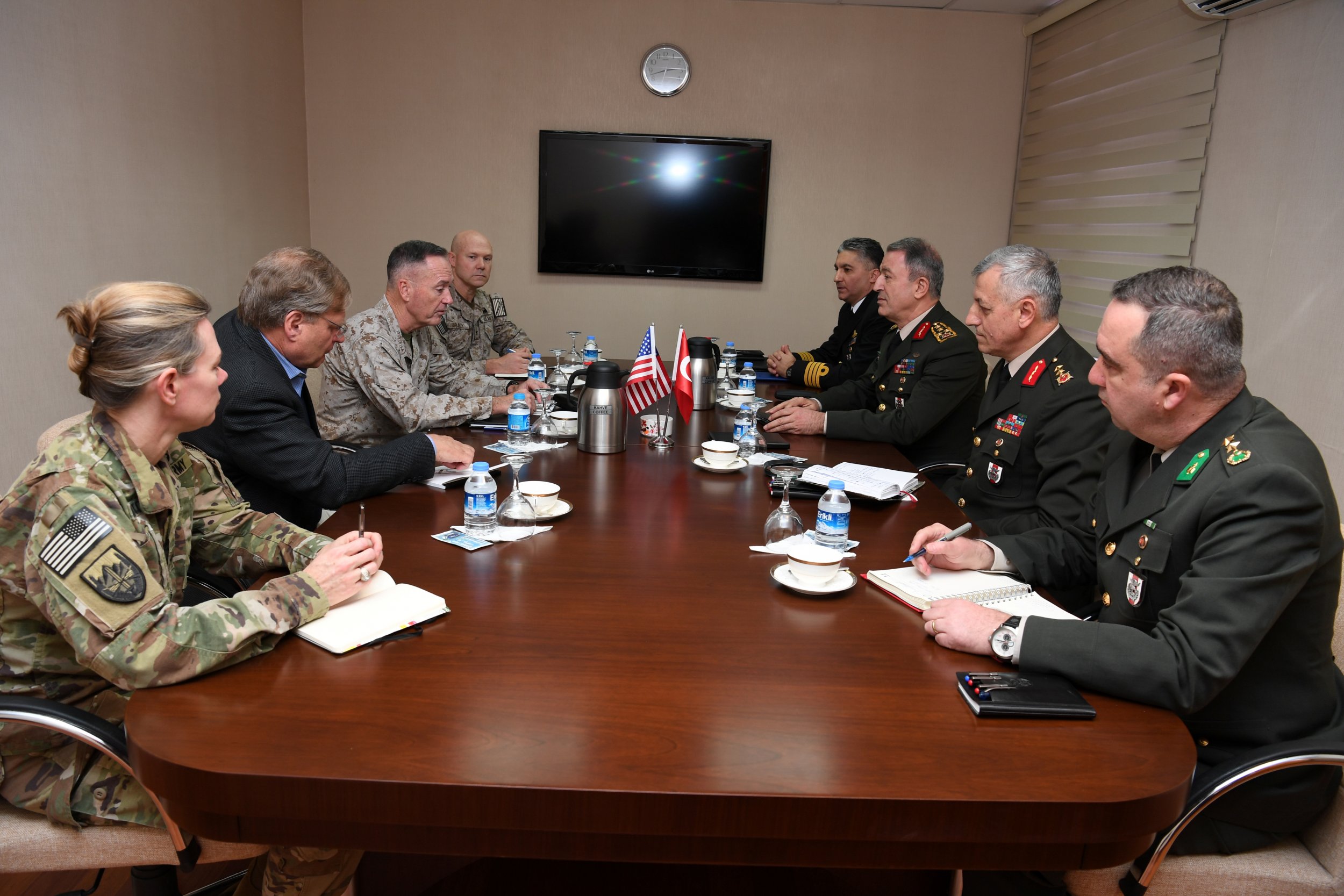
This article first appeared on the American Enterprise Institute site.
At the heart of controversy over intelligence embraced in the run-up to the 2003 invasion of Iraq were 16 words inserted into President George W. Bush's 2002 State of the Union address: "The British government has learned that Saddam Hussein recently sought significant quantities of uranium from Africa."
Specifically, British intelligence had reported upon alleged Iraqi inquiries in Niger which, even if true, ultimately went nowhere. Too many U.S. authorities relied on the veracity of intelligence supplied by British colleagues or, in the case of "Curveball," German intelligence.
(U.S. intelligence officials subsequently tried to blame late Iraqi opposition activist Ahmad Chalabi, which was part of a broader CIA campaign to use journalists to deflect its own responsibility).
Regardless, errors in prewar Iraq intelligence affirm the old adage: "garbage in, garbage out." Quality of information matters. The CIA and other members of the intelligence community might strive to ensure their products are the highest quality, but no matter how sincere their efforts, they are still dependent upon the quality control and sincerity of their partners.
Related: Michael Rubin: Why has ISIS been so successful?
Enter Turkey. In the months since the abortive July 15 coup, an event Turkish President Recep Tayyip Erdogan called "a gift from God," he has been on the warpath against opposition. He has considered followers of exiled theologian Fethullah Gülen, his former partners and allies, to be a terrorist group and has purged more than 100,000 from government jobs or the military, imprisoned tens of thousands and sought to make countless others destitute by extralegally seizing businesses and bank accounts.
In a recent column, Hürriyet Editor Murat Yetkin explained why so many Westerners find Erdogan's accusations hard to believe. After all, it was just a couple years ago that Turkish diplomats and politicians tried to convince their American counterparts that Gülen was the greatest thing since döner kebab.
In the wake of the falling out between Erdogan and the Gülen movement over politics and perhaps finances, the president demands not only that Turks blindly accept his accusations and dossiers but that foreigners do too. Never mind that what the Turkish government has so far presented to the United States and European countries is long on recrimination but short on evidence.
The current episode should be a wake-up call. After all, polarization in Turkish politics is nothing new. If Turkish intelligence is so faulty now, might it also have been so before? When the United States and Turkey were on the same political page, might Washington have accepted too much uncritically from Turkish partners?
Perhaps it is time to reassess the information that Turkish intelligence and law enforcement officials previously gave to their American and European counterparts. After all, the politicized intelligence now supplied by Turkish authorities reflects not only Erdogan's agenda but holes in the process and poor tradecraft.
Take, for example, the Kurdistan Workers Party (PKK). Beginning in the mid-1980s, the group waged a bloody campaign against the Turkish state. Aliza Marcus, a former Boston Globe correspondent, documented the PKK's rise in her balanced and careful book "Blood and Belief."
Not only does the U.S. State Department designate the PKK to be a terrorist group but the U.S. government and many of its European counterparts say that top leadership within its affiliated Kurdistan Communities Union (KCK) consists of drug dealers and smugglers.
The terrorism charge is relative. Recently, a Belgian court reclassified the PKK fight against Turkey as a military rather than a terrorist struggle. In effect, the justices ruled that the PKK was waging a military insurgency rather than a terrorist campaign, thus enabling the KCK to maintain its presence in Brussels.
The drug charges were not addressed—they are more an issue for American officials because they prevent normal outreach and dialogue between U.S. officials working on the Kurdish account and influential Kurdish politicians and community leaders. But they appear to be based solely upon accusations made by Turkish intelligence; it is unclear if any raw evidence supporting the charge exists.
It is in this context that the incoming Donald Trump administration, and especially incoming CIA Director Mike Pompeo, should charge analysts to reassess intelligence supplied by Turkey. At issue is not only the United States's ability to calibrate policy to political reality rather than Turkish fiction but also the effectiveness of that policy.
It is time to recognize that not all NATO allies are allies when it comes to intelligence. This need not mean a political decision to embrace the PKK or any other dissident Turkish group. There are no angels in this part of the world, and diplomacy is a complicated business.
But the United States should embrace all policy options before it and not allow through misplaced trust an increasingly erratic leader in Ankara to constrain U.S. policy options.
Michael Rubin is a resident scholar at the American Enterprise Institute. He is a former Pentagon official whose major research areas are the Middle East, Turkey, Iran and diplomacy.
Read more from Newsweek.com:
- Michael Rubin: Erdogan makes a bid for the military
- Michael Rubin: Erdogan ponders a prison massacre
- Michael Rubin: Turkey is headed for a bloodbath
Uncommon Knowledge
Newsweek is committed to challenging conventional wisdom and finding connections in the search for common ground.
Newsweek is committed to challenging conventional wisdom and finding connections in the search for common ground.
About the writer
To read how Newsweek uses AI as a newsroom tool, Click here.








